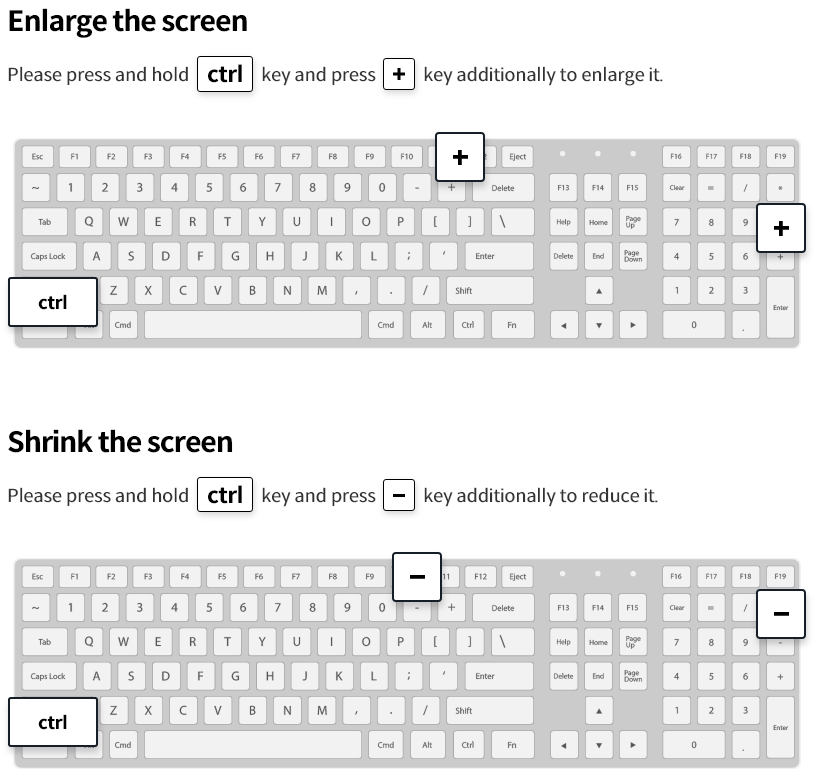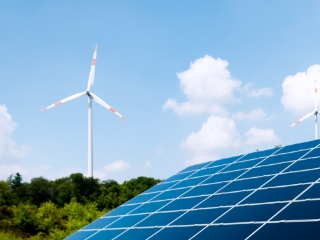The Export-Import Bank of Korea (www.koreaexim.go.kr, Chairman Kim Yong-hwan, “Korea Eximbank”) announced on September 13 that it held a ‘Seminar on Investing in Myanmar’ on September 12 to gauge the business community’s appetite for investing in Myanmar and to establish a network among prospective entrants, at the international meeting room of Korea Federation of Banks in Seoul.
The seminar drew about 300 participants including Deputy Prime Minister and Minister of Strategy and Finance Hyun Oh-seok, Chairman Kim Yong-hwan of Korea Eximbank, and Myanmar Ambassador to Korea U Nyunt Hlaing, along with representatives of companies exporting to Myanmar, government officials, research institutes and academia.
Chairman Kim of Korea Eximbank commented, “Korea Eximbank will provide timely and sufficient funding for Korean companies planning to do business in Myanmar by mobilizing private capital as well as export credits, through cooperation with private-sector financial institutions such as commercial banks and insurance firms.”
Myanmar is deemed a high growth-potential country with abundant natural resources and cheap labor.
Since the inauguration of the new government in 2011, foreign companies have been flocking into Myanmar as the country’s foreign investment climate improved and economic sanctions by the international community were eased.
Coming late to the scene, however, Korean companies are experiencing great difficulty establishing a presence in Myanmar where they are being outbid by competitors from developed countries who are backed by generous funding and official development assistance.
It was to address such predicaments that Korea Eximbank hosted the Myanmar Seminar, where the bank shared useful information on the country including its foreign investment law, investment climate, and ECDF support strategies for Myanmar, as well as introducing in detail the bank’s financing solutions and EDCF’s development finance system.
The seminar also served as an opportunity to review the agreements made at the ‘1st Korea-Myanmar Joint Committee for Economic Cooperation’ held in June 2012 in Myanmar.
The governments of Korea and Myanmar at the time had agreed to finance the construction of the Korea-Myanmar Friendship Bridge through an EDCF loan.
The bridge would be the first to connect downtown Yangon with the Dala township in the southern part of the city, and is expected to have a major impact in stimulating the local economy and reducing logistics costs.
As for the Hanthawaddy international airport construction project (total estimated cost: USD 1.1 billion) discussed at the Joint Committee for Economic Cooperation, Korea Eximbank plans to provide the first project financing by a Korean entity to be extended to a foreign airport project, in a move to ensure participation by Korean contractors.
Korea Eximbank is to submit the feedback gained at the seminar along with the results of the survey on investing in Myanmar to the Korean government in order to inform its policy toward Myanmar.
A Korea Eximbank official stated, “Korea and Myanmar have a lot in common in terms of their cultures and attitudes, such that President U Thein Sein hopes Myanmar to develop along the ‘Korean Path’. Friendship between the two countries is deepening, and if the Korean government cooperates closely with Korean businesses to accelerate their entry into the country, there is a real chance that Korean companies will hold their own against competitors from developed markets.”


